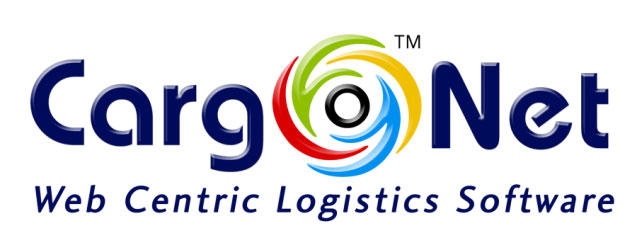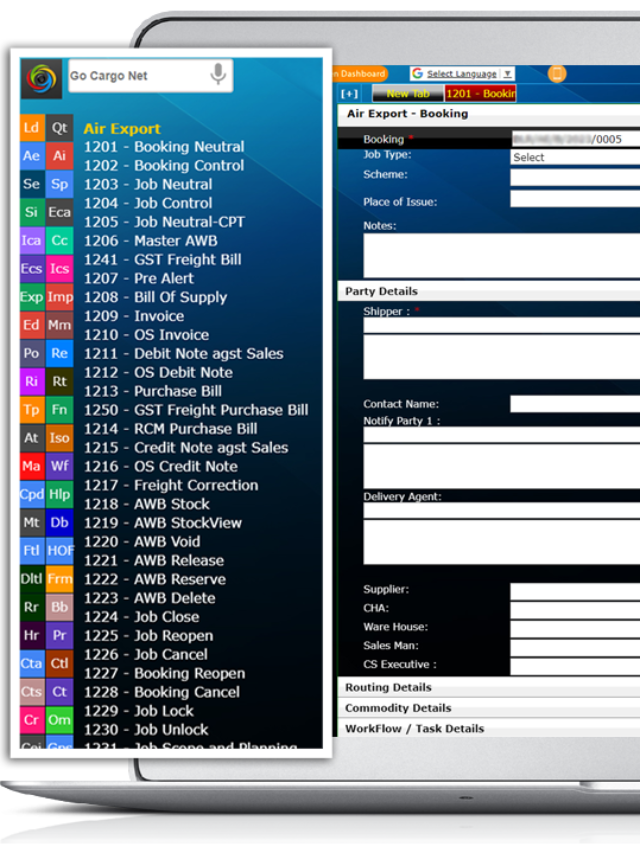Freight forwarding is a crucial part of global trade, requiring precision and careful coordination. However, even experienced freight forwarders can make mistakes that impact efficiency and client satisfaction. Here are five common mistakes made by freight forwarders and ways to avoid them
1. Inaccurate Documentation
Mistake: Errors in shipping documents such as bills of lading, invoices, and customs declarations can cause delays and fines.
Solution: Implement robust documentation processes and use CargoNet digital tools to automate and ensure accuracy in documentation. Regularly train staff on the importance of precise documentation.
Benefits:
- Reduces delays and fines.
- Ensures smooth customs clearance.
- Enhances reliability.
2. Poor Communication and Coordination
Mistake: Lack of clear communication with clients, carriers, and other stakeholders leads to misunderstandings and increased costs.
Solution: Use integrated communication platforms (CargoNet )to facilitate seamless interaction among all parties. Establish clear communication protocols and provide real-time updates.
Benefits:
- Improves collaboration.
- Reduces the risk of miscommunication.
- Enhances customer satisfaction.
3. Non-Compliance with Regulations
Mistake: Not keeping up with international trade regulations can lead to legal issues and shipment delays.
Solution: Stay informed about regulatory changes and use compliance tools( CargoNet) to automate compliance processes. Engage with experts and attend training sessions.
Benefits:
- Ensures compliance with regulations.
- Minimizes legal issues and fines.
- Builds a reputation for reliability.
4. Inefficient Route and Load Planning
Mistake: Poor route and load planning increases operational costs and transit times.
Solution: Use advanced analytics and optimization tools within platforms (CargoNet) to plan efficient routes and maximize load capacities. Continuously monitor and analyze shipment data.
Benefits:
- Reduces operational costs.
- Decreases transit times.
- Enhances profitability.
5. Neglecting Risk Management
Mistake: Ignoring potential risks and lacking a proactive risk management strategy can lead to disruptions.
Solution: Develop a comprehensive risk management plan, including contingency strategies. Use real-time risk insights from CargoNet platforms to respond effectively.
Benefits:
- Enhances preparedness for risks.
- Ensures continuity of operations.
- Builds client trust.
Conclusion
Freight forwarding is complex, but by avoiding these common mistakes, you can significantly improve your operations. Implementing robust processes, staying informed about regulatory changes, and leveraging advanced digital freight forwarding software (CargoNet )can help achieve operational excellence and maintain a competitive edge.
Ready to transform your freight forwarding operations? Discover how CargoNet can help you avoid common pitfalls and enhance your efficiency and compliance. Visit CargoNet for more information.











